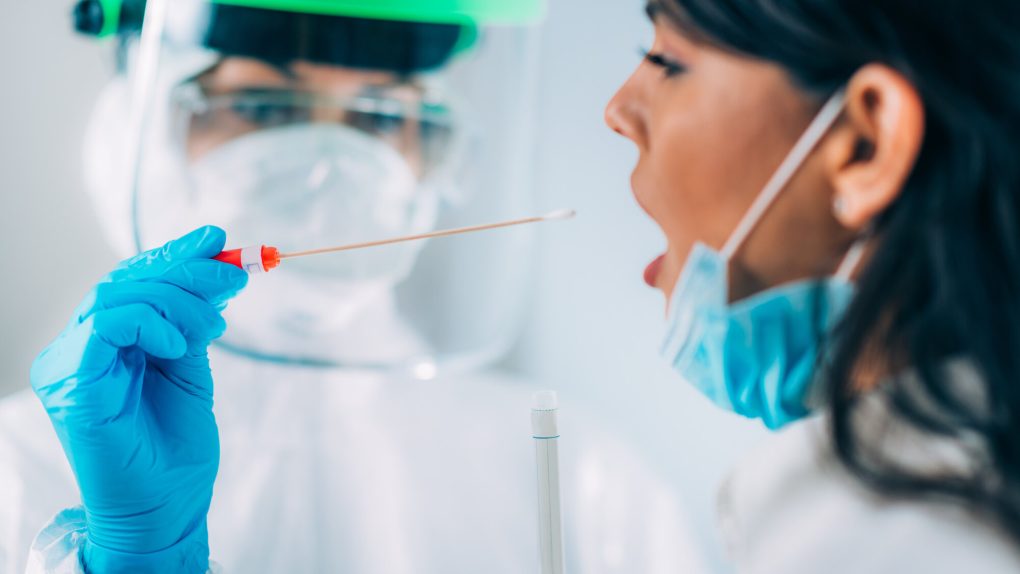Neutralizing antibodies are the key immune system components at the center of several COVID-19 therapies, including blood plasma transfusions from survivors, vaccines, and monoclonal antibody drugs. Regardless of how the antibodies are obtained or produced, the principle is the same. These proteins can bind to the spike protein found on the novel coronavirus’s exterior and block the microorganism from entering human cells.
People who survive the illness develop these antibodies. They can donate plasma to other infected people to help them recover, but the therapy has seen mixed results. Vaccines teach the immune system of someone who wasn’t infected to mass-produce their own antibodies, which can neutralize the virus in case of exposure. Monoclonal antibodies are lab-made antibodies that can speed up the recovery of people who have just been infected. They work just like plasma antibodies, but they’re more potent and have been carefully selected and cloned to make the drugs. The monoclonal antibodies have some limitations, as they can only be used if administered relatively early in the illness. Also, unlike vaccines, the drugs won’t offer long-term protection against infection.
Eli Lilly is one of the companies developing monoclonal antibody therapies for COVID-19. The company’s bamlanivimab received an Emergency Use Authorization (EUA) in mid-November. The company has continued developing such solutions, pairing bamlanivimab with a different monoclonal antibody (etesevimab) to create a more powerful combo that’s effective at treating mild to moderate COVID-19.
Lilly announced the results of a new clinical trial involving the two monoclonal antibodies on Wednesday. The combo reduced the risk of hospitalization and death by 87% in a study that included 750 high-risk COVID-19 patients.
“I expect this data to continue to drive more utilization of the antibodies,” Lilly chief scientific officer Daniel Skovronsky told Reuters. “We have few other diseases where we have drugs that can offer this magnitude of benefit.”
Reports showed last year that even though monoclonal antibodies received EUAs, they were rarely used in COVID-19 therapy. When bamlanivimab received its EUA, we learned that the treatment consists of a single-dose regimen, but the drug must be administered intravenously. More importantly, the drug has to be administered early in the illness, as the monoclonal antibodies will only block the virus from infecting cells. They can’t stop the exacerbated immune response that appears in severe COVID-19 cases. President Trump received a similar combo from Regeneron early in his COVID-19 case, even before the Regeneron monoclonal antibody combination received its EUA.
The new study shows that bamlanivimab and etesevimab are effective against the UK mutation as well. “We are quite confident this combo covers all of the variants in the U.S.,” Skovronsky said. The executive added that Lilly is also studying treatments for the COVID-19 strains in South Africa and Brazil. These strains have been able to evade the action of neutralizing antibodies, which might increase the risk of reinfection in survivors. The current vaccines and monoclonal antibody drugs might also be less effective against these strains.
Reuters notes that US regulators authorized the new Lilly combo in February. The drugs can be used on patients 12 and over. The FDA EUA was based on a previous Lilly study that showed the combo reduced hospitalizations and deaths by 70%. European regulators also authorized the combo this month. The US government agreed to buy 100,000 combo doses of the 1 million doses that Lilly plans to manufacture in the coming months.








